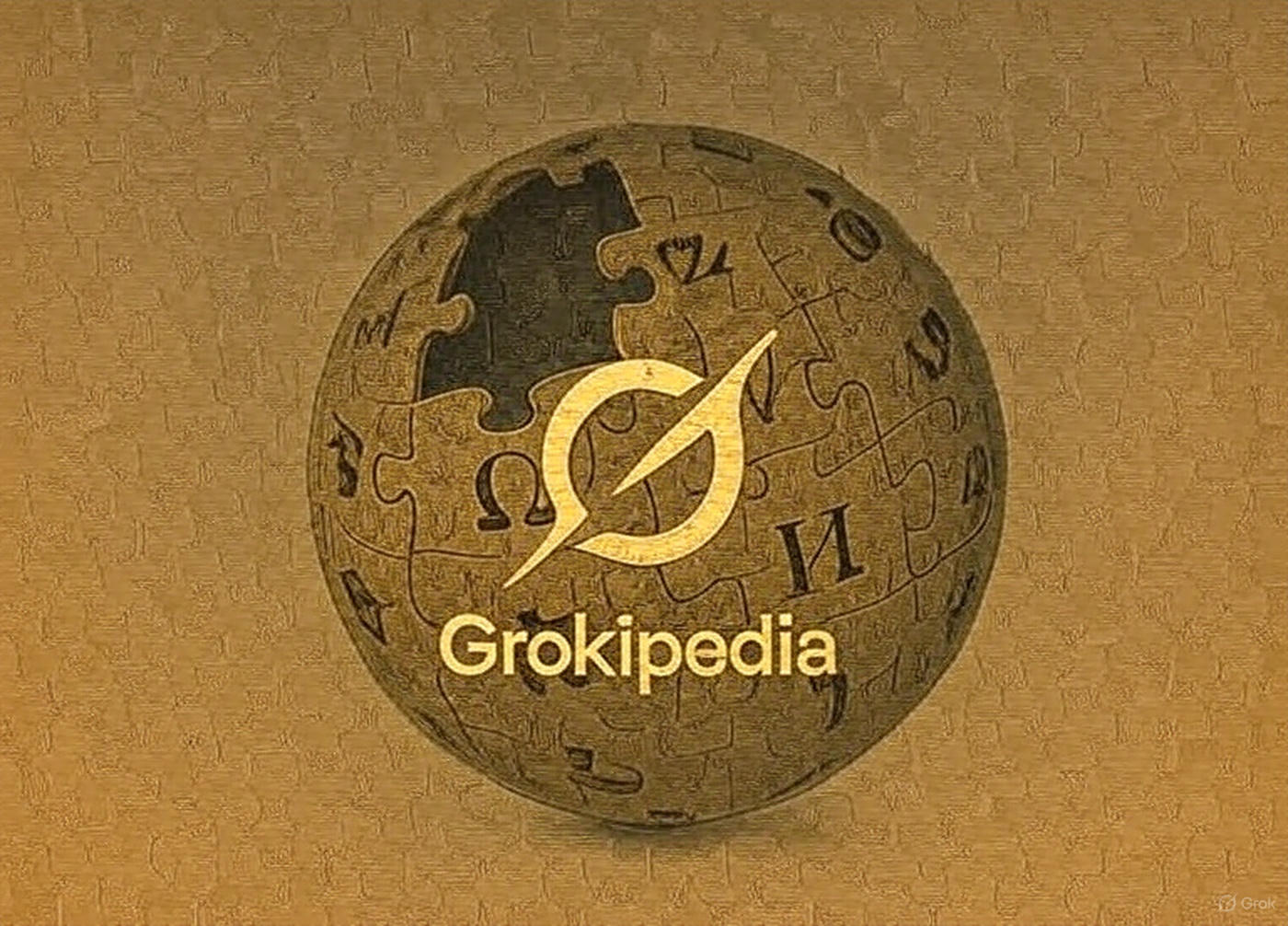Elon Musk Unveils Grokipedia Beta: A Truth-Focused AI Encyclopedia
Introduction
Elon Musk has officially announced the early beta launch of Grokipedia, a revolutionary AI-powered knowledge platform developed by xAI. Scheduled for release on October 19, 2025, this platform is designed to rival Wikipedia by providing accurate, unbiased, and context-rich information. Musk shared the update via his X account, quoting detailed insights from user @amXFreeze, who highlighted Grokipedia’s goal to become "the world's biggest, most accurate knowledge source" free from hidden agendas.
Version 0.1 early beta of Grokipedia will be published in 2 weeks https://t.co/M6VrGv8zp5
— Elon Musk (@elonmusk) October 5, 2025
What is Grokipedia?
Grokipedia is an AI-driven encyclopedia that uses Grok AI to analyze vast amounts of content, including Wikipedia pages, to determine what is fully true, partially true, false, or missing. It then rewrites the content to eliminate inaccuracies, correct half-truths, and add critical context. This process aims to create a platform where humans and AI can access verified, unbiased knowledge without limitations.
Key Features:
- AI-powered content validation – Scrutinizes sources for truthfulness.
- Bias elimination – Strives for maximum objectivity.
- Context-rich editing – Adds missing details and critical insights.
- Open use – Accessible for human and AI users without restrictions.
How Grokipedia Differs From Wikipedia
Unlike Wikipedia, which relies on volunteer editors, Grokipedia employs AI to:
- Detect and correct false or misleading information.
- Highlight context missing from traditional sources.
- Reduce influence from political or organizational biases.
Musk likened the platform to X's Community Notes, which fact-check claims in real time, stating that Grokipedia will act as a "sharp spear" against misinformation.
Public Reactions and Engagement
The announcement has generated massive engagement on X, with over 111,000 likes and 6,000 replies. Responses reflect a mix of excitement, curiosity, and skepticism:
- Supporters: Celebrate the potential for an unbiased knowledge platform.
- Skeptics: Question whether AI may inadvertently propagate certain biases.
- Humor and critique: Users joked about future content decisions, showing community engagement is lively.
Launch Details
- Beta Version: 0.1 Early Beta
- Launch Date: Approximately October 19, 2025
- Access: Publicly available for testing
- Goal: Establish a truth-first alternative to Wikipedia for both humans and AI
FAQs About Grokipedia
Q1: Who created Grokipedia?
A: Elon Musk’s company xAI developed Grokipedia using the Grok AI system.
Q2: How does Grokipedia ensure accuracy?
A: Grok AI evaluates sources for truthfulness, removes false content, and adds essential context.
Q3: Is Grokipedia free to use?
A: Yes, it is designed for unlimited human and AI access.
Q4: Will Grokipedia replace Wikipedia?
A: It aims to provide a more accurate alternative, but whether it replaces Wikipedia depends on adoption and reliability over time.
Q5: When will the beta be available?
A: The Version 0.1 early beta is expected around October 19, 2025.
Expert Analysis
Grokipedia represents a bold experiment at the intersection of AI and knowledge dissemination. If successful, it could address longstanding challenges in online information reliability by providing context-rich, bias-minimized content. However, the project also raises important questions about AI-driven content moderation and the potential for unintended errors.
For users, this platform could reshape how information is consumed, creating a more analytical approach to knowledge verification. Its success will largely depend on algorithmic transparency, community trust, and the ability to maintain objectivity in politically and socially sensitive topics.
From a broader perspective, Grokipedia underscores a critical trend in the digital era: AI not just as a tool for content creation but as a guardian of truth, challenging legacy media and traditional encyclopedic norms.


0 comments